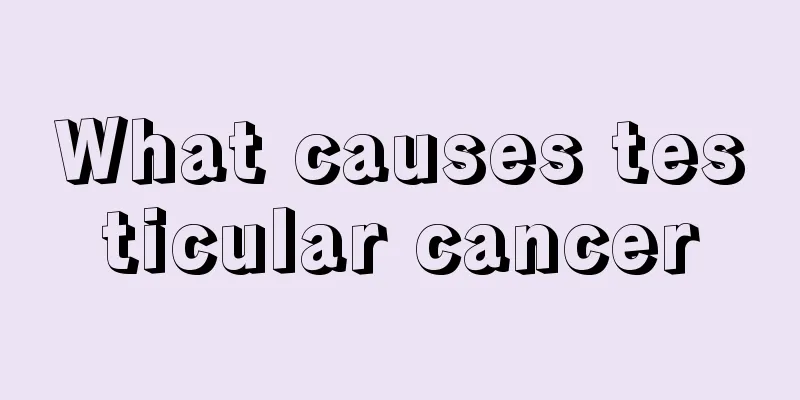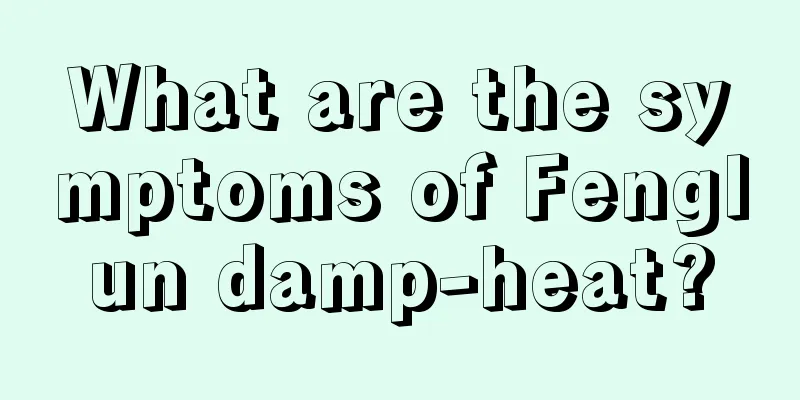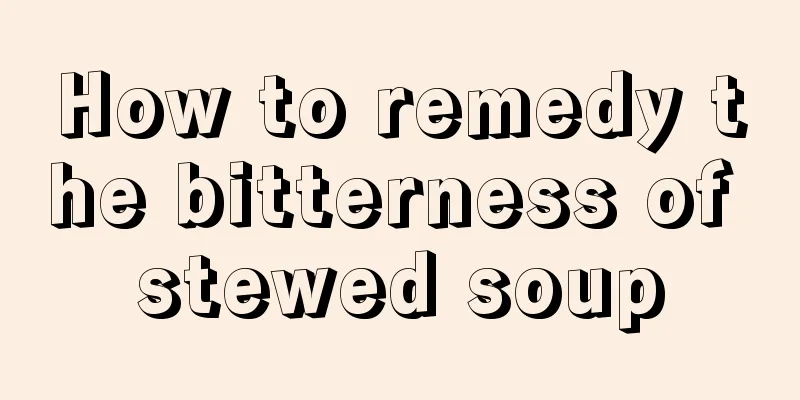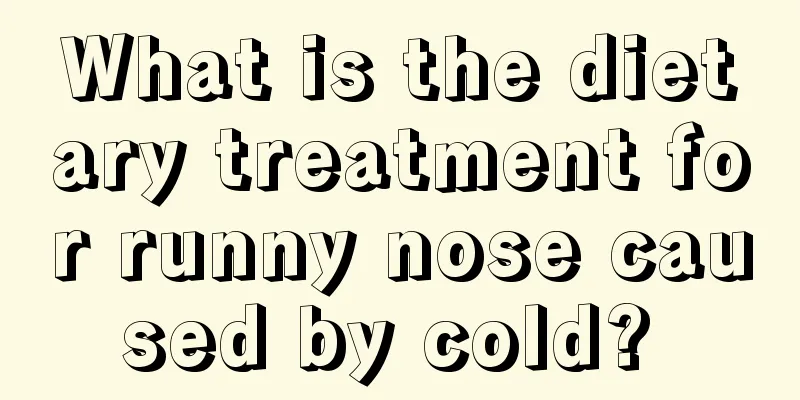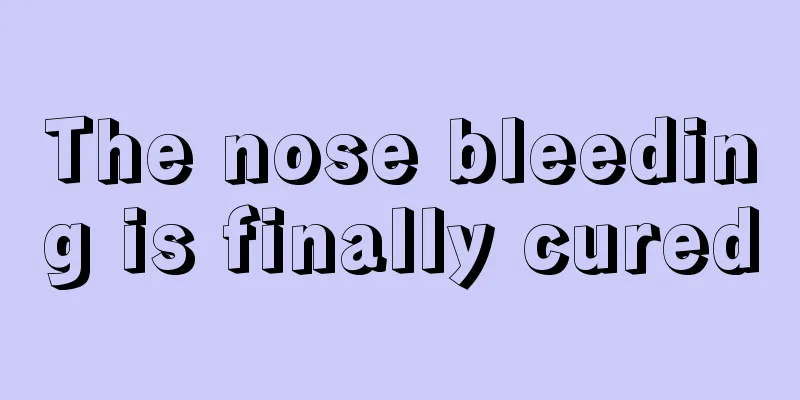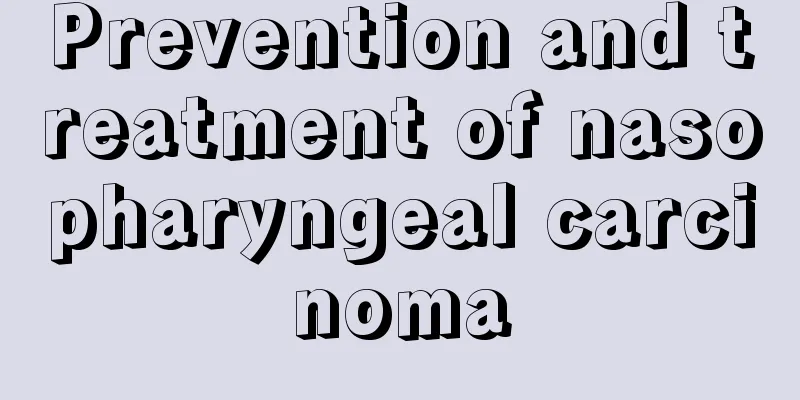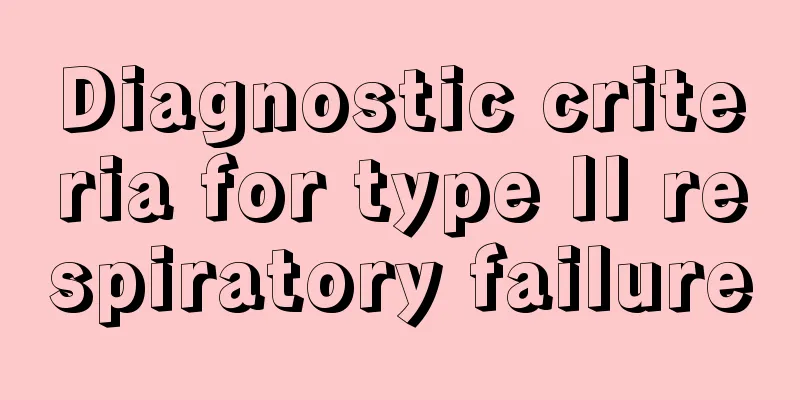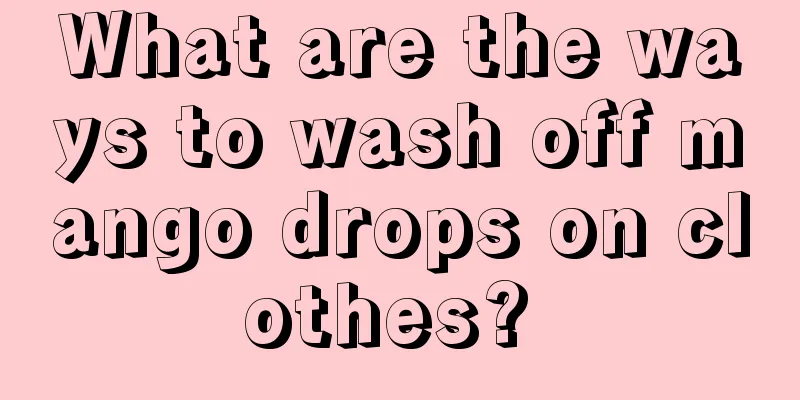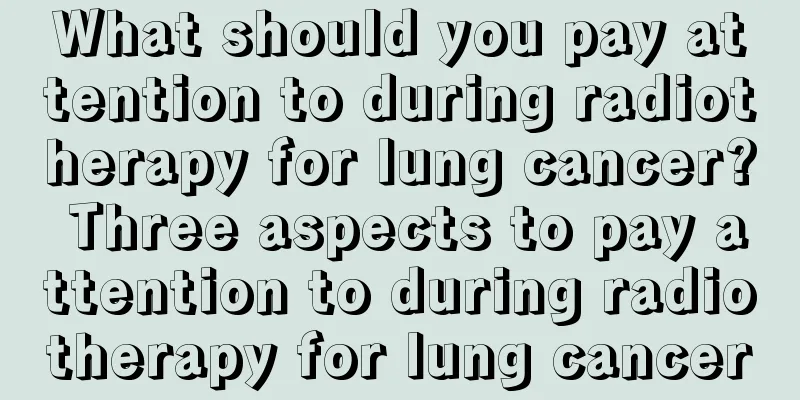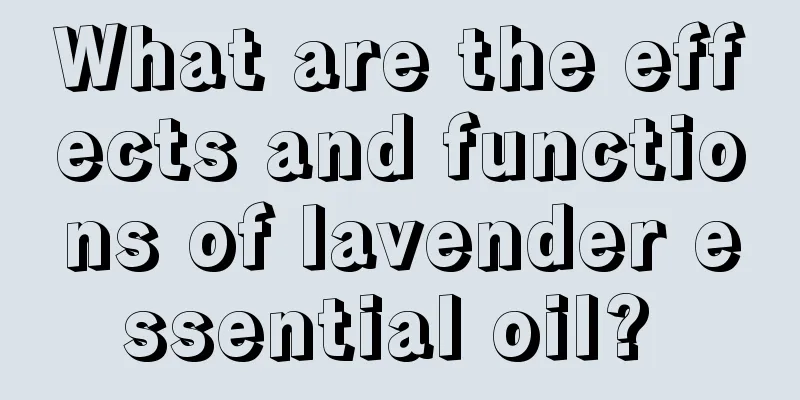Can I eat chili peppers when I have gallbladder inflammation?
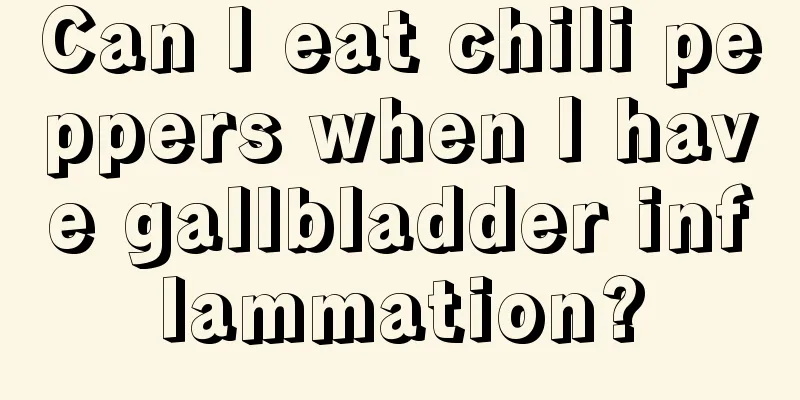
|
The main function of the gallbladder is to secrete bile to promote human digestion. However, due to its own material composition and excessive bile secretion, the gallbladder is prone to inflammation. If gallbladder inflammation is not properly controlled and treated, gallbladder polyps are likely to grow. Therefore, if a person suffers from cholecystitis, he should pay close attention to his eating habits. So can people with cholecystitis eat chili peppers? What should not be eaten for cholecystitis 1. Fatty foods Attacks of biliary diseases often occur in the evening or early morning after a full meal (especially greasy food). This is because a large amount of bile is required to digest fat. Patients with cholecystitis will experience pain when the gallbladder contracts rapidly due to gallbladder inflammation and the presence of gallstones. If there is stone obstruction, the colic will be more severe and accompanied by nausea and vomiting. Patients with chronic cholecystitis will experience dull pain and symptoms of indigestion after eating too much fat, such as belching, bloating, and aversion to greasy food. Therefore, the daily fat intake of patients with this disease should be limited to 40-50 grams. Fatty meat, fried eggs, lard, butter, cream, etc. should be avoided. It is best to eat vegetable oil. 2. Acidic Foods Acidic foods such as vinegar, bayberry, hawthorn, lemon, etc. can stimulate the stomach and duodenum to secrete cholecystokinin, thereby causing gallbladder contraction and inducing biliary colic. 3. Food that is too cold or too hot Overheated food or soup, overcold food such as ice cream, iced drinks, iced coffee, and food just taken out of the refrigerator can cause spasm of the bile duct sphincter after ingestion, causing dull pain or colic in the gallbladder area. Therefore, patients with gallbladder disease should avoid eating too cold or too hot food. 4. Sugar Because sugar can stimulate pancreatic β-cells to secrete insulin, insulin can increase cholesterol, causing the cholesterol in the bile to be oversaturated, promoting the formation of gallstones. 5. Spicy food Spicy and irritating foods such as alcohol, tea, coffee, chili, mustard, pepper, and Sichuan pepper can cause increased secretions of the stomach and duodenum, increase cholecystokinin, lead to spasm of the bile duct and sphincter, and obstruction of bile excretion, inducing biliary colic, so the above foods should be avoided. 6. High cholesterol foods The metabolism of cholesterol requires a lot of work from the liver. If the metabolism is incomplete, it will become an important raw material for stones. The main component of gallstones is 90% to 99% cholesterol, so limiting/consuming foods with high cholesterol content can adjust cholesterol metabolism disorders and prevent stone formation. Foods high in cholesterol mainly include animal offal, such as pig brain, cow brain, pig kidney, pig liver, duck liver, cow liver, sheep liver, pig stomach, pig heart, chicken and duck offal, etc. Others include clams, crab roe, crab, crucian carp, salted duck eggs, egg yolks, duck egg yolks, egg powder, soaked squid, dried shrimps, etc. 7. Gas-producing foods Patients with cholecystitis often have their condition worsened due to bloating, so they must avoid or be cautious about foods that are easy to produce gas. These foods include soybeans, soy products, fried broad beans, potatoes, sweet potatoes, celery, leeks, bamboo shoots, garlic sprouts, etc. Some of these crude fiber foods can also promote the production of cholecystokinin, leading to strong contraction of the gallbladder and causing colic. 8. Crabs Crabs contain a high amount of cholesterol. If patients with cholecystitis eat crabs, their bodies will take in too much cholesterol, which may promote the occurrence of gallstones. In addition, patients with gallstones should not eat crabs. 9. Peanuts Peanuts contain a lot of fat and require bile to digest. For patients who have undergone cholecystectomy or cholecystitis, the kinetic energy of storing bile is lost or weakened. If peanuts are eaten, there will not be a large amount of bile to help digestion, which often causes indigestion. In addition, since there is no bile storage, the burden on the liver to secrete bile will inevitably increase, which will damage liver function over time. Dietary considerations for cholecystitis: 1. Drink plenty of water and supplement sodium and potassium salts in the water. 2. It is advisable to eat light liquid foods that are high in carbohydrates, low in fat and low in cholesterol, such as rice soup, lotus root powder, soy milk, honey water, almond tea, red date soup, lotus seed soup, longan soup, fruit juice, vegetable juice, egg white water, etc. 3. Eat more fruits and vegetables. 4. Keep the taste as light as possible and avoid processed foods and foods high in sugar. 5. Avoid high-fat, fried and irritating foods, such as fatty pork, mutton, chicken, eggs, milk, etc. 6. During an acute attack of cholecystitis, you should temporarily eat and rest in bed. After the pain is relieved, gradually adjust your diet and use healthy treatment methods according to your condition. |
<<: Can coix seed be eaten with walnuts?
>>: Adolescent's heart suddenly stabbed
Recommend
How to prevent prostate cancer The key to preventing cancer is to develop good habits
Prostate cancer is a common disease that endanger...
Can wontons be frozen in the refrigerator?
If you buy too many wontons and cannot finish the...
There are a lot of small red bumps on my neck. What are the reasons?
Having a lot of small red bumps on the neck can m...
What are the symptoms of lung cancer metastasis
What are the symptoms of lung cancer metastasis? ...
Prevent gastric cancer, start from yourself
The occurrence of gastric cancer is the result of...
How to massage to treat constipation, teach you massage methods for three parts
When people suffer from constipation, it means th...
Back scraping method and steps
Maybe many of us have been practicing some scrapi...
Five high-risk factors for rectal cancer
There are many high-risk factors that lead to rec...
Is it better to wash your hair with cold water or hot water
Washing hair is an issue that people take very se...
Detailed overview of osteosarcoma
Osteosarcoma is a terrible disease that seriously...
What does post-urinary residual mean
The food we eat every day will produce a certain ...
Emergency method for constipation
Some patients occasionally experience constipatio...
What to eat for bladder cancer
After developing bladder cancer, patients need a ...
How to make braised five-spice tofu skin
There are many ways to eat tofu skin, and it is d...
Can tooth decay infect teeth?
Many people who have cavities are worried about o...
